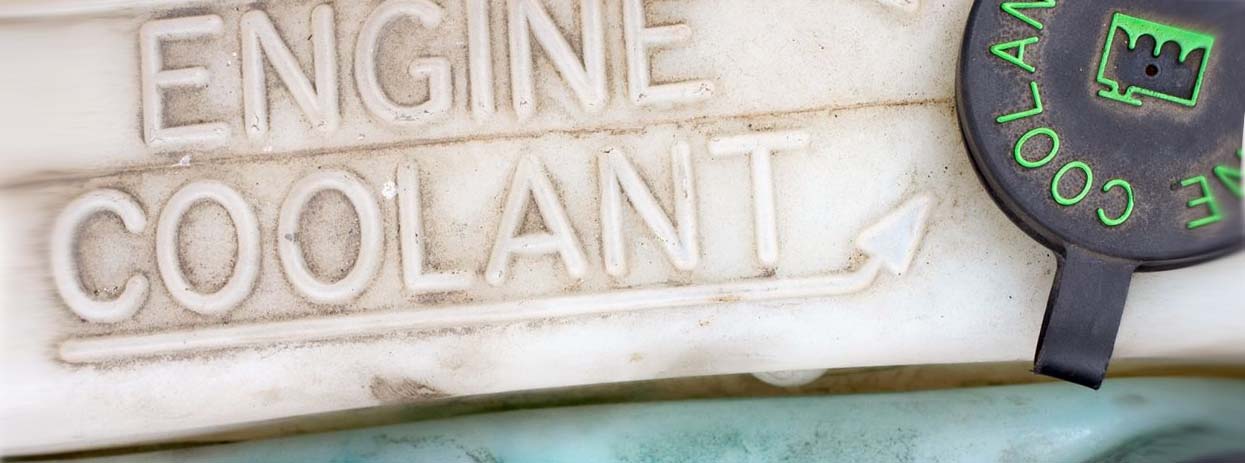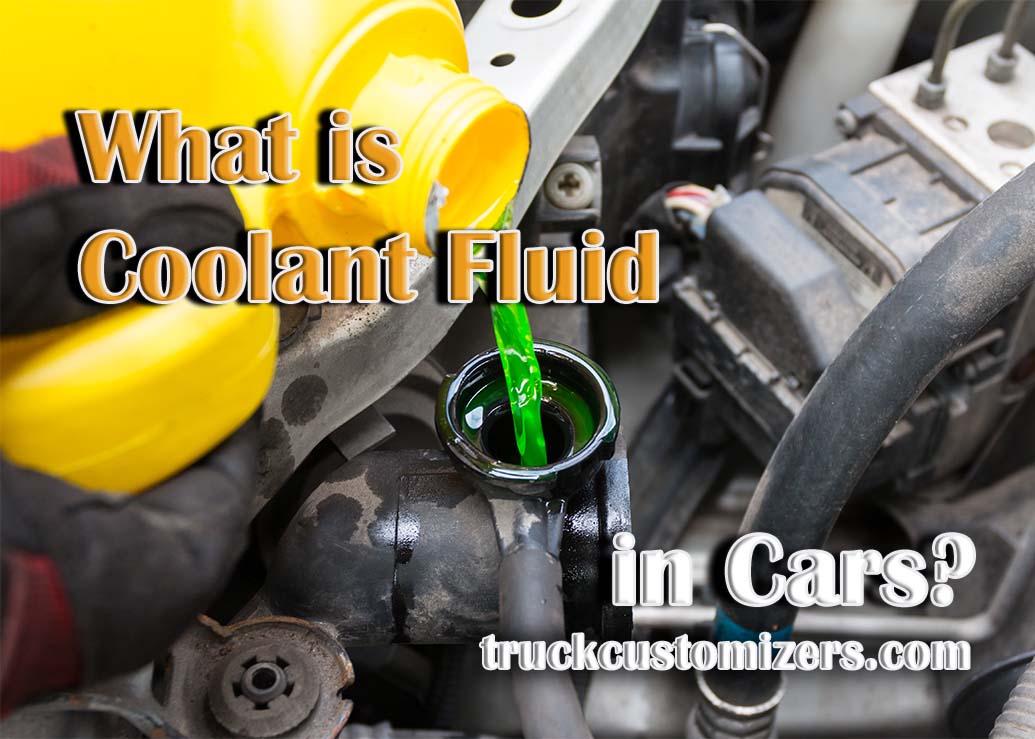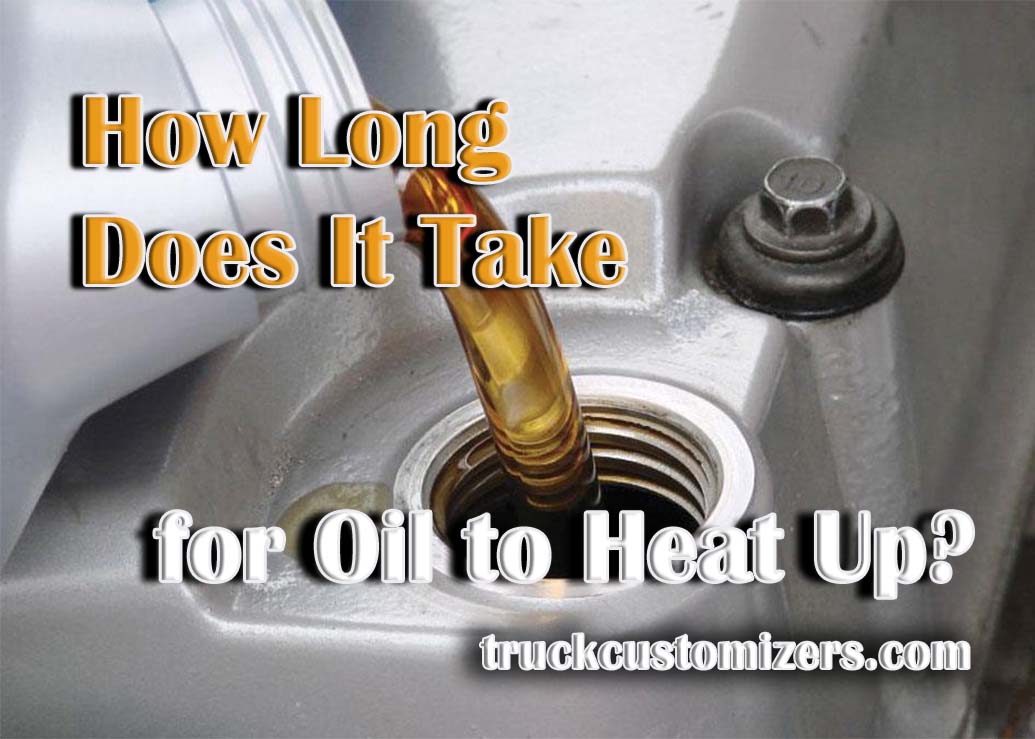Coolant fluids play a vital role in keeping your car running smoothly and efficiently. Many of us are unaware of the different types of coolant fluids used in cars and the important role they play. This article will discuss what coolant fluid is, the different types available, and its role in ensuring that your car stays safe and healthy.
What is Coolant Fluid?
Coolant fluid is an engine coolant or antifreeze solution that helps to regulate the temperature inside a vehicle’s engine by transferring heat away from it. It also helps to protect against rust, corrosion, freezing, and boiling of engine components. The most common type of coolants used in cars are ethylene glycol-based solutions with other additives such as silicate compounds for water pump lubrication and corrosion inhibitors for aluminum parts protection. The mixture must be properly balanced between water content (or freeze protection) and ethylene glycol (or anti-boil protection) in order to perform optimally while protecting the engine components from damage due to overheating or freezing.
Types of Coolant Fluids
There are several types of coolants available on the market today including conventional green antifreeze/coolant, long-life antifreeze/coolant, and extended-life antifreeze/coolant. Conventional green antifreeze/coolants have been used for many years and are still popular today. The mixture contains a combination of water and ethylene glycol in the ratio of 50:50%. This provides protection against cold temperatures down to -34°F and boiling up to 265°F. However, these types of coolants must be replaced every two years or 30,000 miles for optimal performance.

Long-life antifreeze/coolant is the newer version of conventional green coolants. It is designed to last up to five years or 100,000 miles and provides protection from temperatures as low as -34°F up to 265°F. It is made with a unique blend of corrosion inhibitors that protect aluminum parts in today’s vehicles as well as other metals such as iron and steel components in older vehicles.
Extended-life antifreeze/coolants are the newest type available on the market today. They offer enhanced protection from temperatures ranging from -50°F up to 275°F plus superior corrosion protection for all metals used in today’s vehicles. They are designed to last up to 10 years or 150,000 miles and can be used in gasoline and diesel engines.
Role of Coolants in Cars
Coolant fluids play a critical role in keeping your car running efficiently by transferring heat away from the engine and other components. By regulating the temperature of the engine, it prevents overheating which can cause serious damage to the engine parts due to expansion from excessive heat. The coolant fluid also helps protect against rust, corrosion, freezing, and boiling. It also lubricates certain components such as water pumps for smoother operation.
Maintenance and Care for Coolants
It is important to maintain proper levels of coolant in your vehicle at all times as too much or too little can cause problems. A simple inspection of the coolant level should be done regularly with a 50:50 mixture of antifreeze/coolant and distilled water recommended by most manufacturers. It is recommended that you replace your coolant every two years or 30,000 miles if using conventional green antifreeze/coolants; every five years or 100,000 miles if using long-life antifreeze/coolants; or every 10 years or 150,000 miles if using extended-life antifreeze/coolants.
Conclusion
Coolant fluid plays an important role in keeping your car running efficiently and safely. It helps to keep the engine at the proper temperature and protects against rust, corrosion, freezing and boiling. It is important to maintain proper levels of coolant in your car by checking it regularly and replacing it every two years or 30,000 miles with conventional green antifreeze/coolants; every five years or 100,000 miles with long-life antifreeze/coolants; or every 10 years or 150,000 miles with extended-life antifreeze/coolants for optimal performance.



